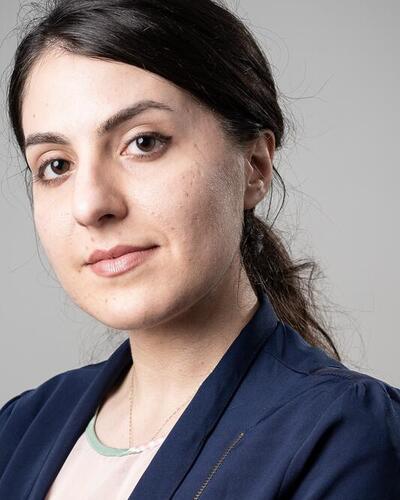AI in Space to Watch Storm Mess: How AI and Computer Vision come together to digest satellite images
Infomedia and the AI Agora project presents professor Reza Arghandeh: AI in Space to Watch Storm Mess: How AI and Computer Vision come together to digest satellite images.

Hovedinnhold
Catastrophic storms such as hurricanes are among the most lethal and costly natural disasters affecting humankind. In recent years, the social and economic damages caused by hurricanes have increased dramatically due to climate change. In addition, widespread failures in critical infrastructure draw attention to the importance of adequately assessing hurricane damage. The aftermath of a hurricane often includes massive piles of debris that cut infrastructure lines such as roadways, power grids, railroads, and water and gas pipelines. Therefore, identifying hurricane-caused debris and damages expedites infrastructure network recovery while providing resilience enhancements. In recent years, the combination of coverage, frequency, and cost-efficiency of satellite imagery and advancements in machine learning (ML) has created a paradigm shift for enhancing storm damage assessment using satellite images. This seminar is the story of our space-level AI research activities to assess storm-caused damage to infrastructure networks (electric grids and roadways).
Biography
Prof. Reza Arghandeh is the leader of the Data Science Group and the director of the Connectivity, Information & Intelligence Lab (Ci2Lab.com) at the Western Norway University of Applied Sciences (HVL), Bergen, Norway. He is also a Lead Data Scientist with StormGeo, an international weather insight company. Additionally, he is a Research Professor in the Electrical and Computer Department at Florida State University, USA, where he was an assistant professor from 2015 to 2018. Prior to FSU, he was a postdoctoral scholar at the University of California, Berkeley, EECS Dept 2013-2015. He completed his Ph.D. in Electrical Engineering at Virginia Tech. His research interests include spatiotemporal data analysis and computer vision for infrastructure networks. His research has been supported by the U.S. National Science Foundation, the U.S. Department of Energy, the European Space Agency, the European Commission, and the Research Council of Norway.
